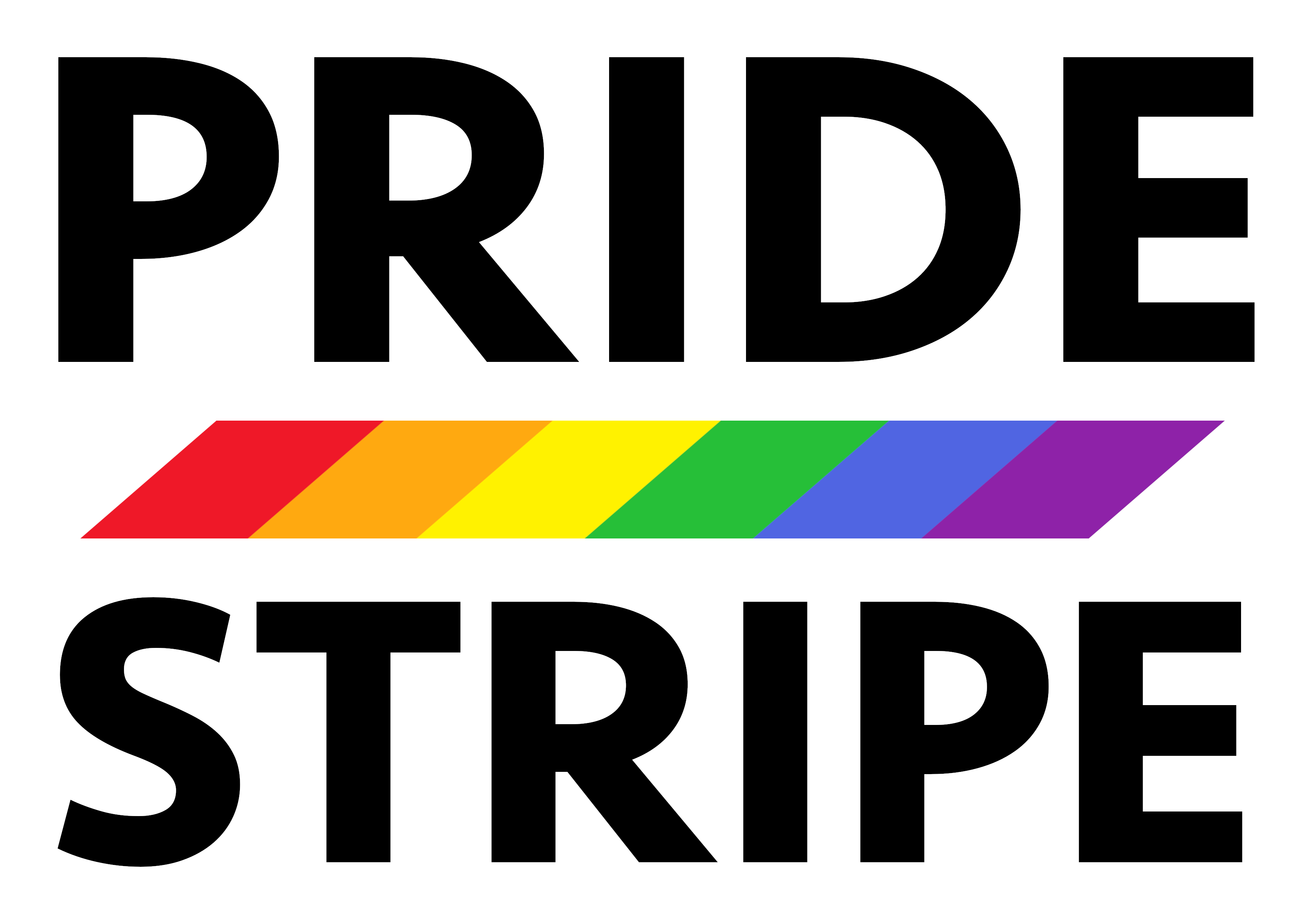In a major victory for LGBTQ+ rights and healthcare equality, the U.S. Food and Drug Administration (FDA) has officially implemented its new policy allowing more gay and bisexual men to donate blood. As of August 2023, the outdated and discriminatory restrictions that have long barred many in the LGBTQ+ community from donating have been replaced with a more inclusive, science-based approach.
For decades, gay and bisexual men faced blanket bans and severe restrictions when it came to blood donation—rules that originated during the HIV/AIDS crisis of the 1980s. While medical advancements have made blood screening far more effective, the old policies remained in place far longer than necessary, reinforcing harmful stigmas and unnecessarily limiting the nation’s blood supply. Now, after years of advocacy and mounting scientific evidence, the FDA has finally taken a step toward equality by adopting an individualized risk-based screening system for all donors, regardless of sexual orientation.
Under the new guidelines, potential donors are screened based on their recent sexual history and overall risk factors rather than their identity alone. This approach aligns the U.S. with policies already in place in countries like the U.K. and Canada, where LGBTQ+ individuals have been able to donate under fairer conditions for years. This change not only increases the potential donor pool but also signals a move away from discrimination and toward an evidence-based approach to public health.
LGBTQ+ advocates and medical professionals alike have praised this shift, calling it long overdue. Organizations like GLAAD and the Human Rights Campaign have championed this policy update as a critical milestone in dismantling outdated stigmas surrounding gay and bisexual men. The new guidelines acknowledge what the medical community has known for years—sexual orientation should not be the determining factor in assessing someone’s ability to donate blood safely.
This policy change is more than just a bureaucratic update—it is a meaningful victory for LGBTQ+ rights and a crucial step toward a more inclusive and equitable healthcare system. It recognizes the contributions of LGBTQ+ individuals and affirms that all donors should be evaluated based on the same criteria, ensuring both safety and fairness.
As we celebrate this win, the fight for full healthcare equality continues. But today, we recognize progress: a policy rooted in science, fairness, and human dignity, ensuring that more people can give the gift of life—without unnecessary barriers.

